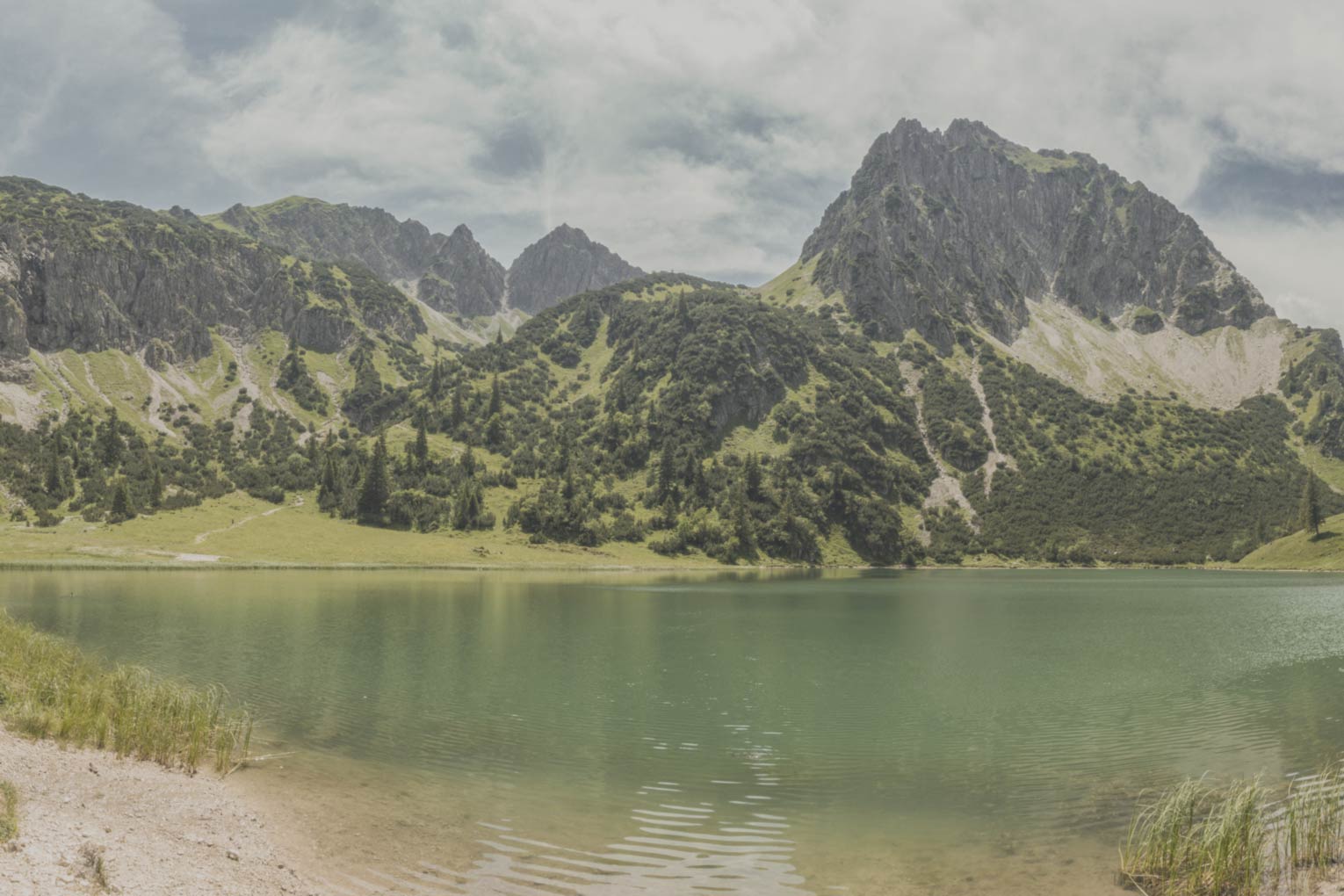
Most Christians have no problem recognizing the personal implications of Jesus’s death and resurrection and the consequent sanctification that occurs as Christians continually submit to Christ’s lordship. We likewise stand strong on the doctrine of Yahweh’s creation ex nihilo of the universe as depicted in Genesis. We preach Christ crucified, urge sinners to repent, promise new life in him—both in this world and the next—and yet often fail to acknowledge the implications of creation on our understanding of the gospel. These two—creation and Christ crucified—are intimately intertwined.
Jesus Christ makes all things new. This applies not only to the personal implications of a life surrendered to his lordship but also to how we understand and relate to the theology of creation.
First, redemption rests on creation. If there is no creation, there is no redemption. The statement sounds silly, but it’s nonetheless true. It’s true first of all because, of course, Yahweh had to create in order to redeem. There can be no new heavens and new earth if there’s no old heavens and old earth. If there’s no one for whom to die, then of course Christ doesn’t die. But it’s also true because Yahweh’s power to create is the same power to redeem.
Do you ever wonder if God is faithful to save those who call upon his name in faith? You only have to look out your window (or maybe walk through a park) to see he’s faithful to save. That tree and that grass and that flower and that bird and that squirrel—Yahweh created those. Their presence in this world declares God’s faithfulness and goodness toward us, his crowning work in creation.
Creation also affirms that God is powerful enough to enact the gospel. If we were to doubt for a moment that maybe God can’t forgive us, that maybe our sins are too great, or we’re just out of his reach, creation will demolish those doubts. We may think—if only briefly—that the grip of sin or the world or the old man is too great for God to overcome. We only have to observe the mountains, the rivers, the seas to know our doubts are unfounded. These most powerful things in the world—waves that engulf, rivers that run wild, mountains that tower above us—God created all these. He’s more powerful than the sturdiest mountain, the wildest sea, the fastest river. When we look at around and behold the world’s natural wonders, we can know that God is more powerful than these because God created them. And if he’s more powerful than the strongest created things, then surely he’s powerful enough to save us frail humans.
Finally, creation makes us without excuse. With Paul in Romans we can look at creation and affirm that “his invisible attributes, namely his eternal power and divine nature, have been clearly perceived, ever since the creation of the world, in the things that have been made” (Rom 1:20). And because of that we, like Paul says, are without excuse if we refuse to submit to Christ. So creation impacts our understanding of the good news about Jesus in three ways (and probably a lot more): it quells our doubts if we wonder about God’s faithfulness; it denies our concern that God is not powerful enough to rescue us; and it makes us all without excuse on that day.

